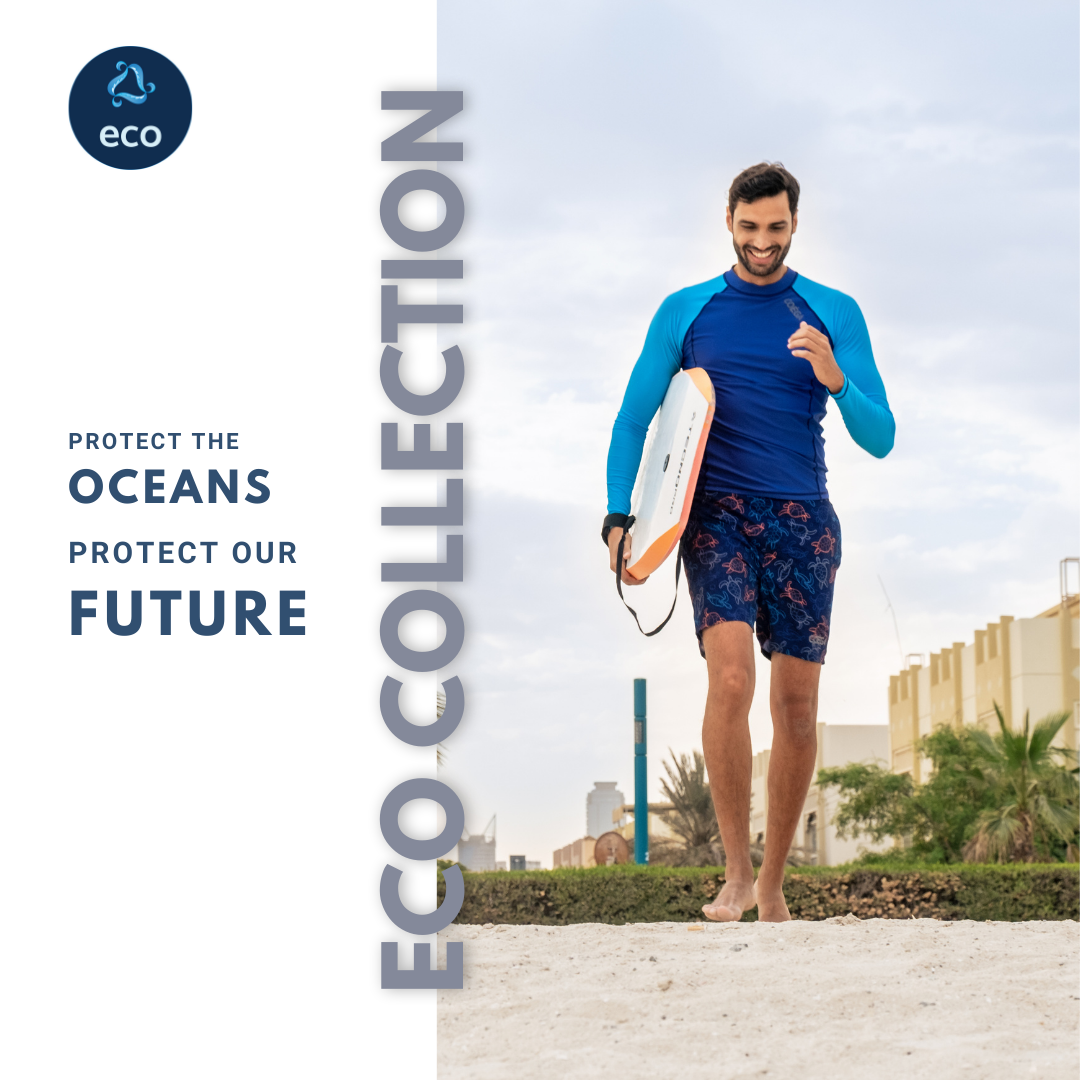
World Ocean Day In June & The Role of Textiles: Let's Save The Ocean
Oceans are a natural resource and of prime significance. They are not only a personification of romantic beauty but also support humanity's sustenance and also a home for Earth's biodiversity. Besides producing 50% of the planet's oxygen it is also a source of 40 million people's employment in ocean-based industries by 2030. As we celebrate World Ocean day on 8th June, it would be fair to admit that we have not been kind towards the ocean. World Ocean Day serves as a reminder that we need to come together and implement a more sustainable approach to the world’s ocean. Unfortunately, there are a lot of factors that are exploiting oceans and seas in which one such way is through the textile industry.
How Textile Industries Are Exploiting Oceans
Textile industries are also playing havoc with the sustainability of natural resources. They are the sources of almost 34.8% of global microplastic pollution. Within each wash probably 700,000 microfibres are released in a day. According to estimation, about 1.4 million trillion microfibres exist in oceans. Water is an important component of Textile manufacturing. Water is utilized in all processes from fiber to fabric; it is used to grow, harvest, print, dye, and even weave fabrics and materials. The usage of water in the textile industry is of utmost significance; without this the industry wouldn't have thrived. However, this also results in a lot of waste and chemicals being released into the oceans and the seas which is why textile industries play a large role in the current situation of our oceans.

How COEGA is Sustainable
In correspondence with SDG12 of responsible production and consumption, COEGA has introduced a sustainable swimwear collection. We don't take sustainability as a choice but a basic need! We are trying to promote eco-friendly collections to sustain the environment.
Fabric And Material Used
If you love swimming or a complete thalassophile, ‘’COEGA’’ provides the best swimwear for all. We strive to use regenerated fabrics in our swimwear collection. The use of synthetic fibers made from recycled substances reduces the emissions of harmful substances by 50%. Also, the use of Lycra Xtralife makes our products long-lasting, and comfortable and serves as ideal UV-protected swimwear. We may not be 100% sustainable yet but our efforts to use 100% regenerated materials used in the swimwear collections for aquaphillians is a step towards being kind to oceans and nature.
Eco- Collection
COEGA'S eco collection, newly launched, not only gives you the delight of voguish looks but also helps to reduce your carbon footprint. In the UAE, COEGA serves to provide the most sustainable swimwear in Dubai. To print the fabrics, COEGA uses the sublimation technique, a suitable eco-friendly alternative. The limited use of water and minimum water wastage makes it a more appealing alternative and a great way to be sustainable. This eco collection also provides modest locally-made swimwear.
Use Of ECONYL®
Since nylon is a fiber best known for its tensile strength and lightweight, we can't avoid it in swimsuit fabrications. Nylon is non-biodegradable and the processing of nylon is energy-intensive which causes the emission of greenhouse gasses that are 300 times more potent than CO2. To manufacture the best UV-protected swimwear COEGA uses ECONYLE. It not only serves exactly as virgin nylon but also helps to reduce the global warming impact of nylon up to 90% compared to oil materials.

This regeneration system is a unique process that ensures the production of 100% regenerated nylon yarn using waste material. It gives a sustainability edge and scrap is recycled, reused, and re-moduled. Which helps to conserve the oceans and provides swimwear made from regenerated nylon.
Currently, there are almost 363,762,732 pounds of plastic contributing to ocean pollution. As a responsible organization, COEGA tends to provide sustainable swimwear in our collections. COEGA strives to release minimum waste from initial to final fabrication.
The bitter truth is that we are all heading to the depletion of resources but on our way to depletion we are making it a more toxic and polluted planet to live in. COEGA as a provider of one of the best swimwear in Dubai is pleased to register its partnership with AZRAQ in UAE which is mainly focused on the conservation of marine resources. Through their eco-friendly methods and policies, they try their best to become positive change-makers for local and international waterways. Knowing the menaces and effects of the nature of work, COEGA strives to implement ways to be kinder towards oceans, After all, every step counts.

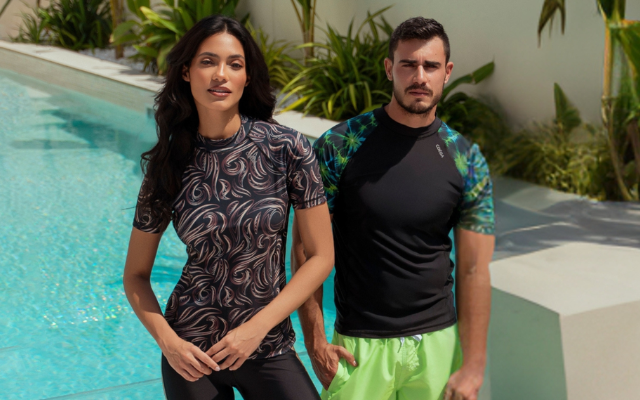
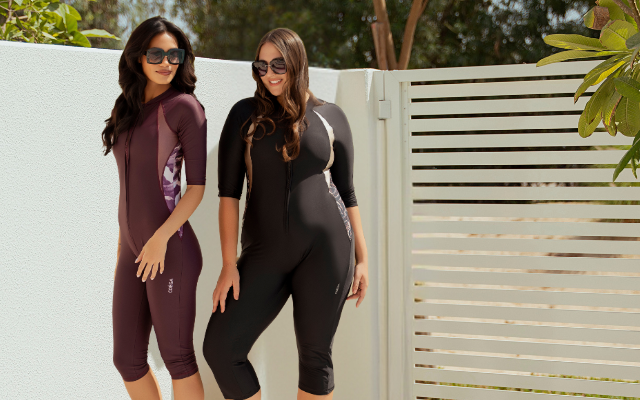
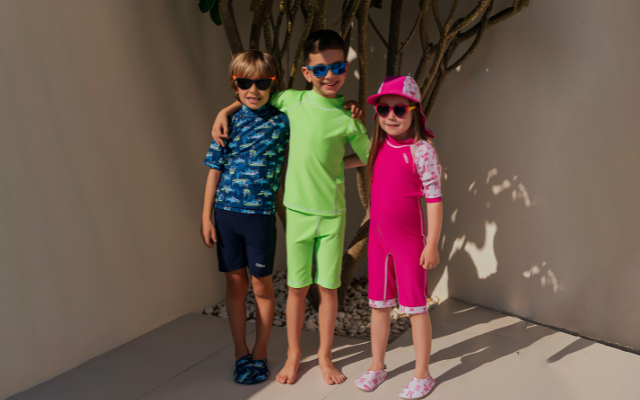
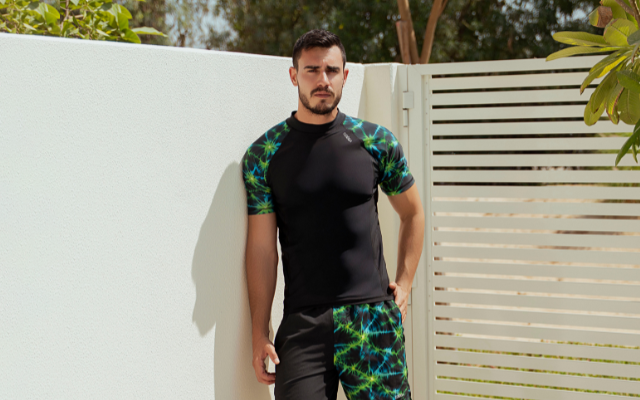
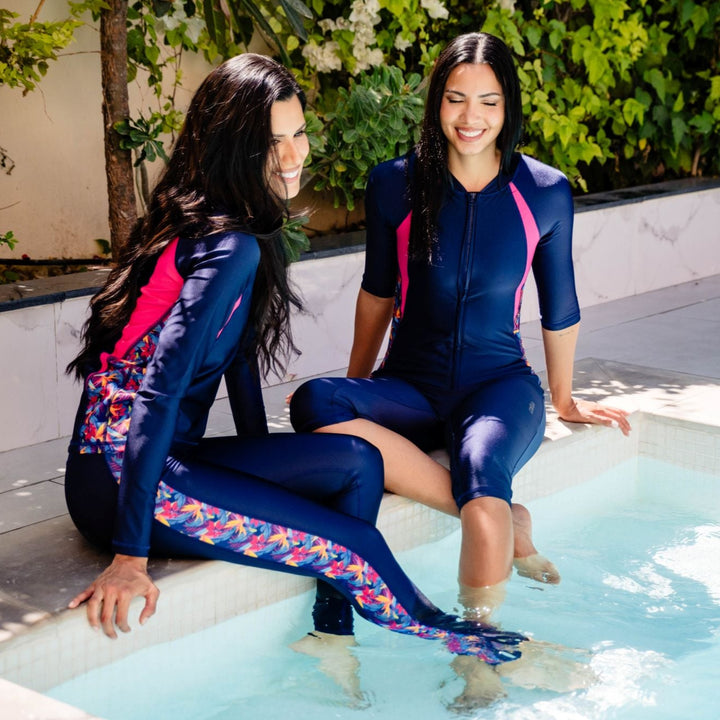
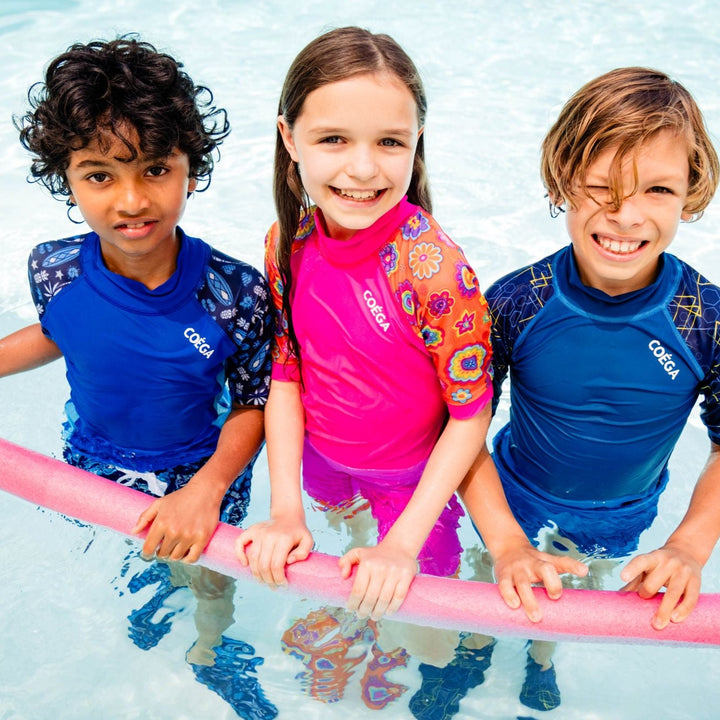
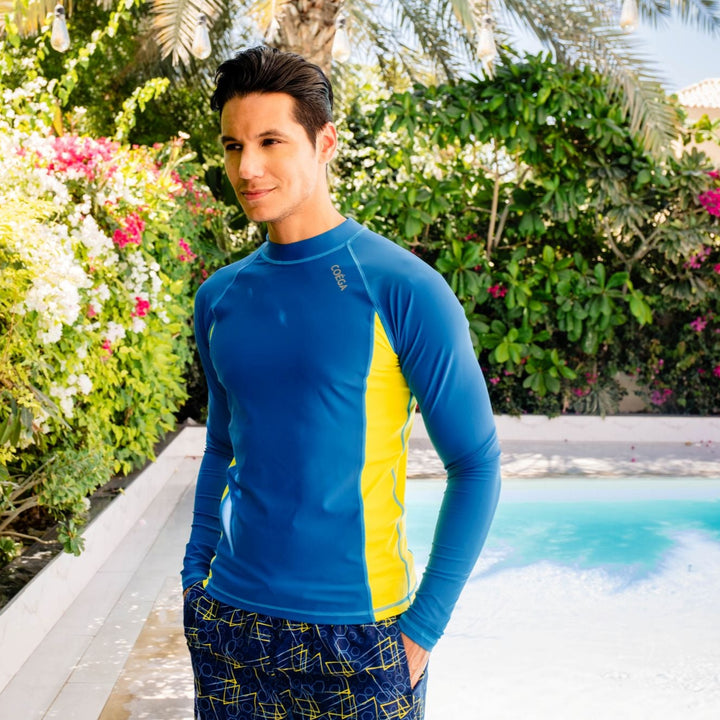

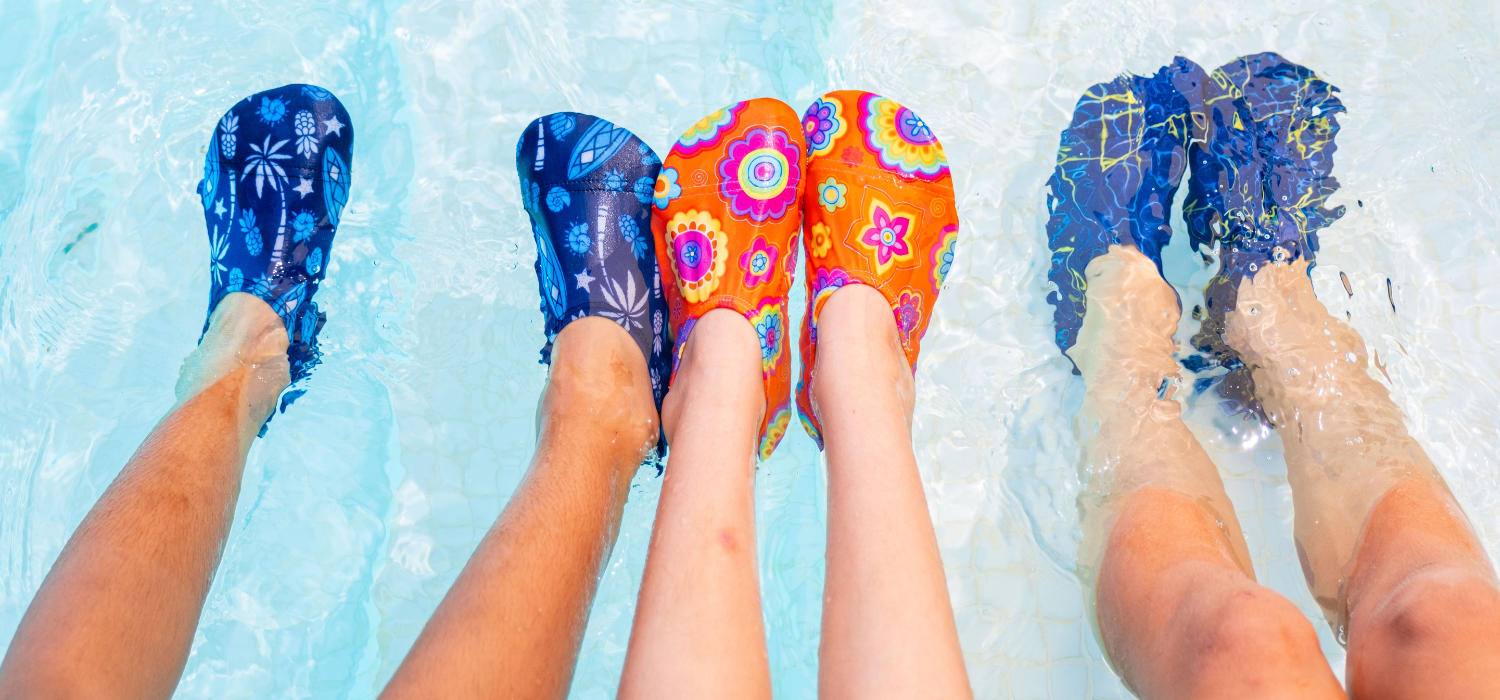
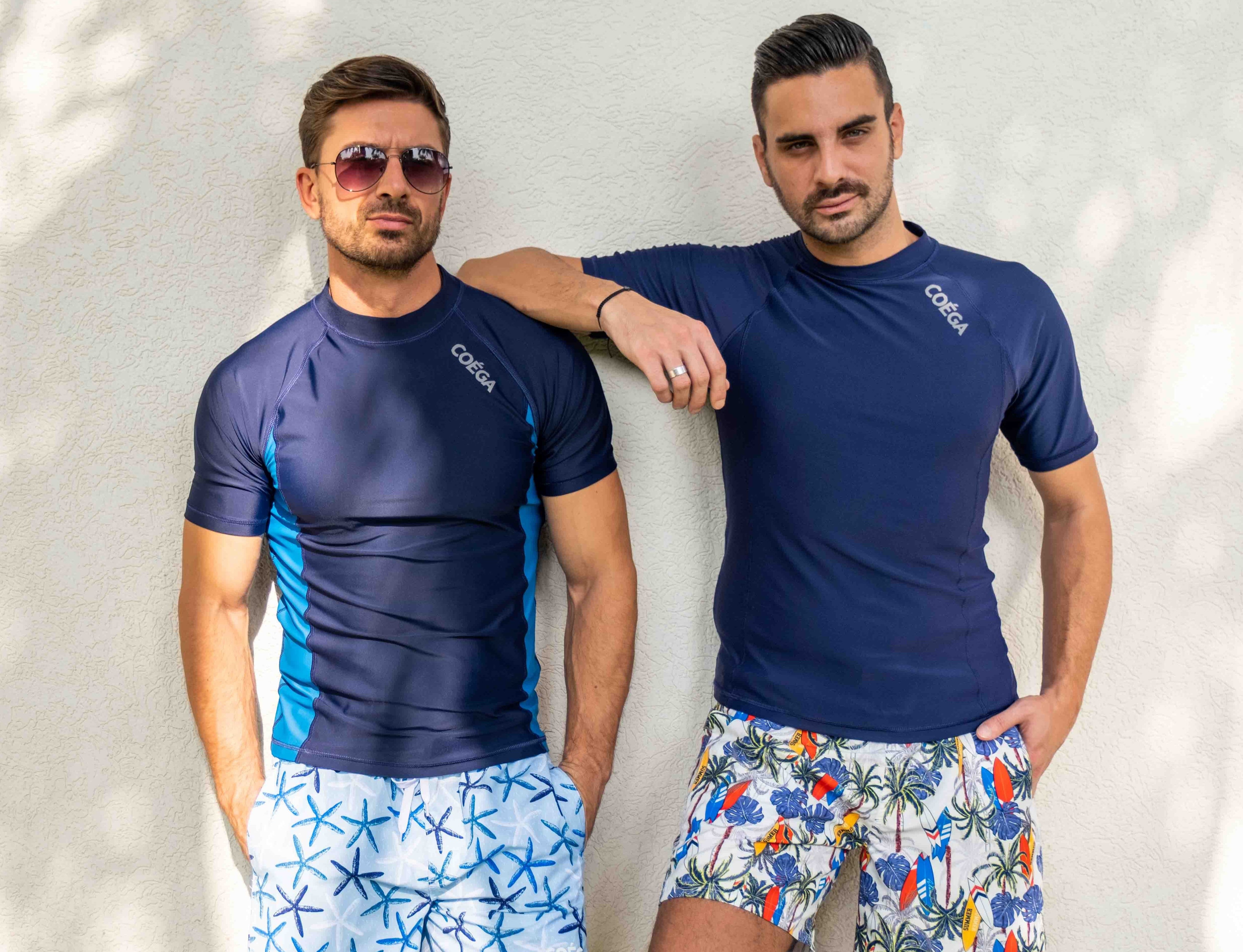
Leave a comment
This site is protected by hCaptcha and the hCaptcha Privacy Policy and Terms of Service apply.